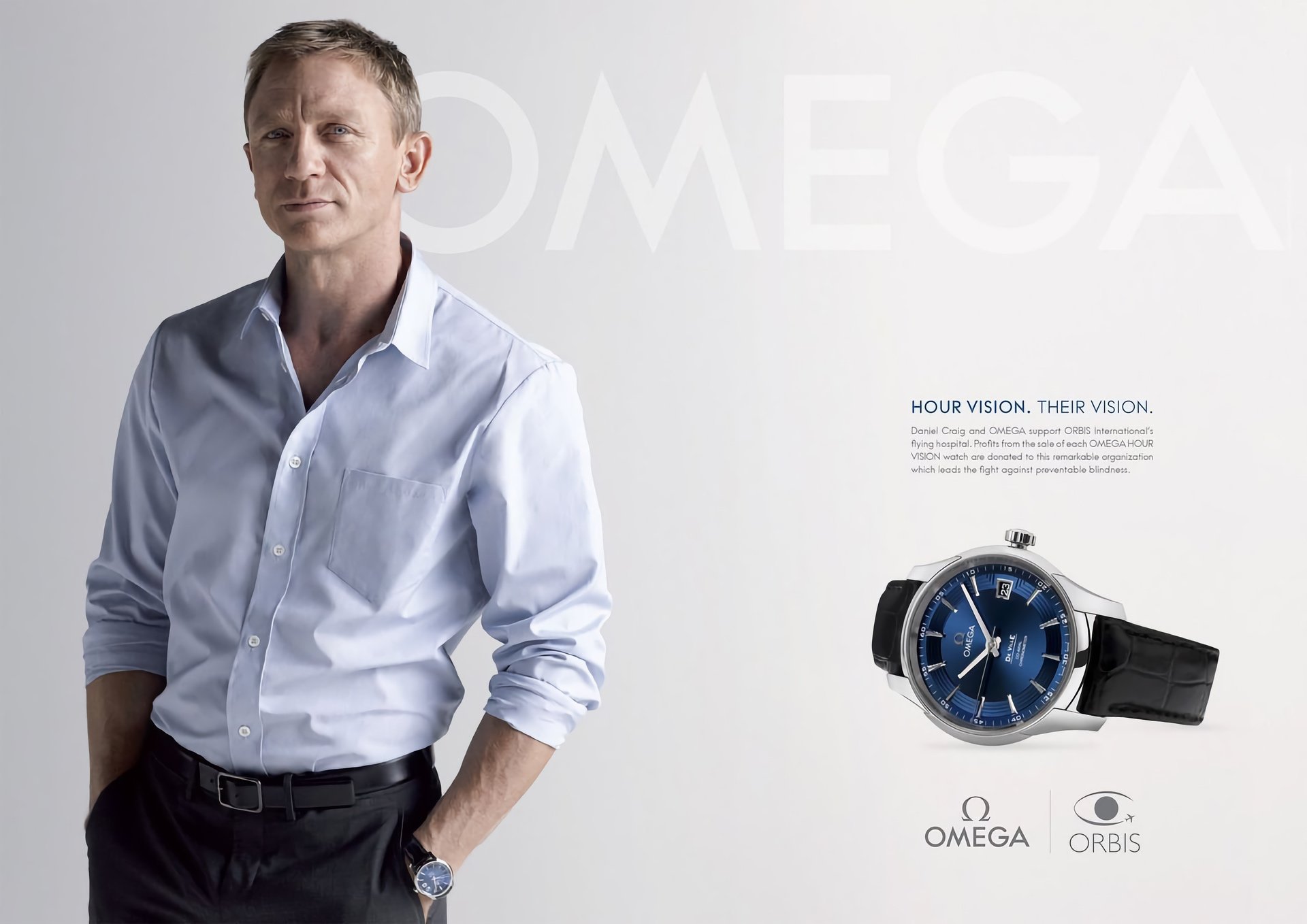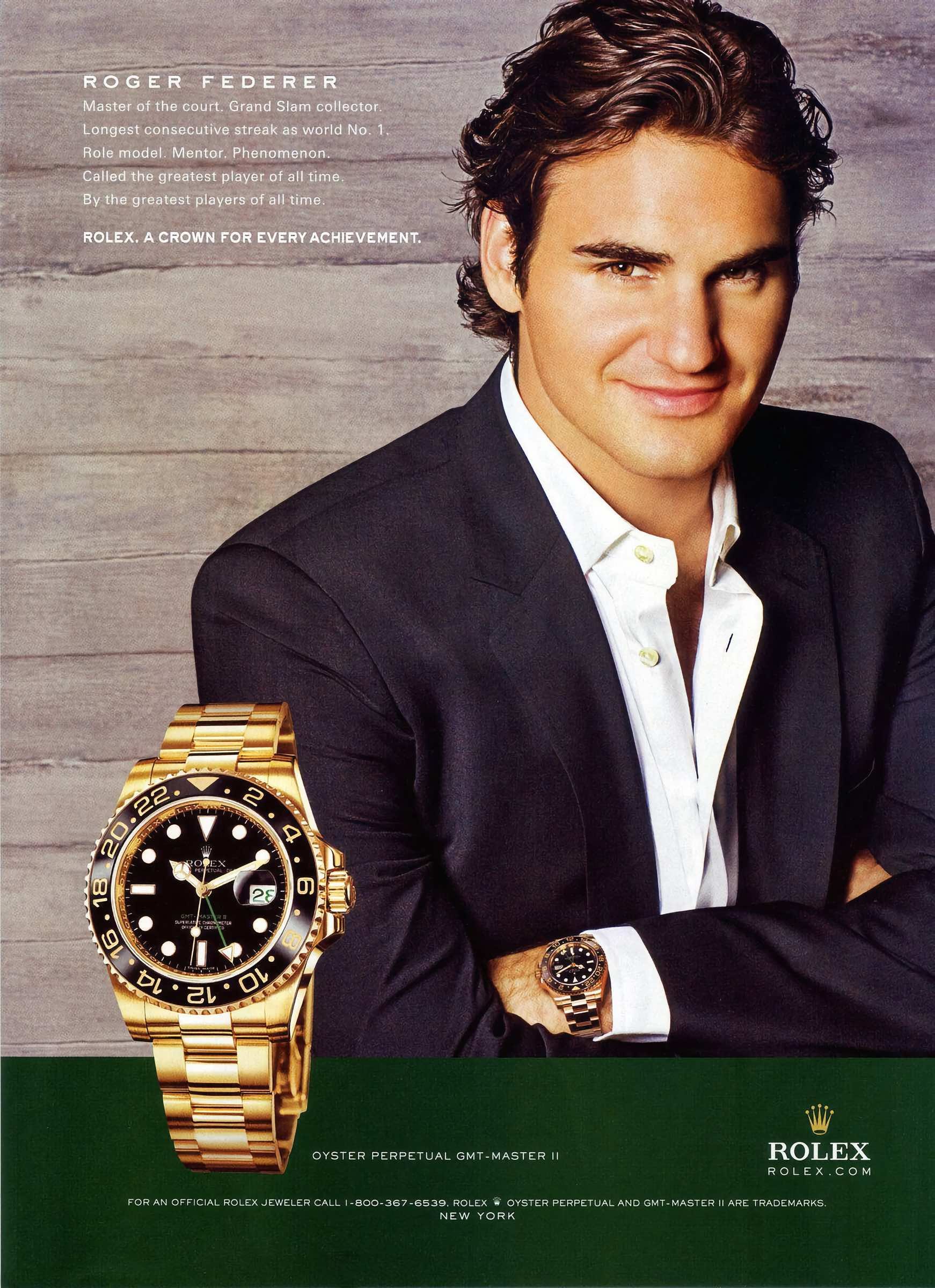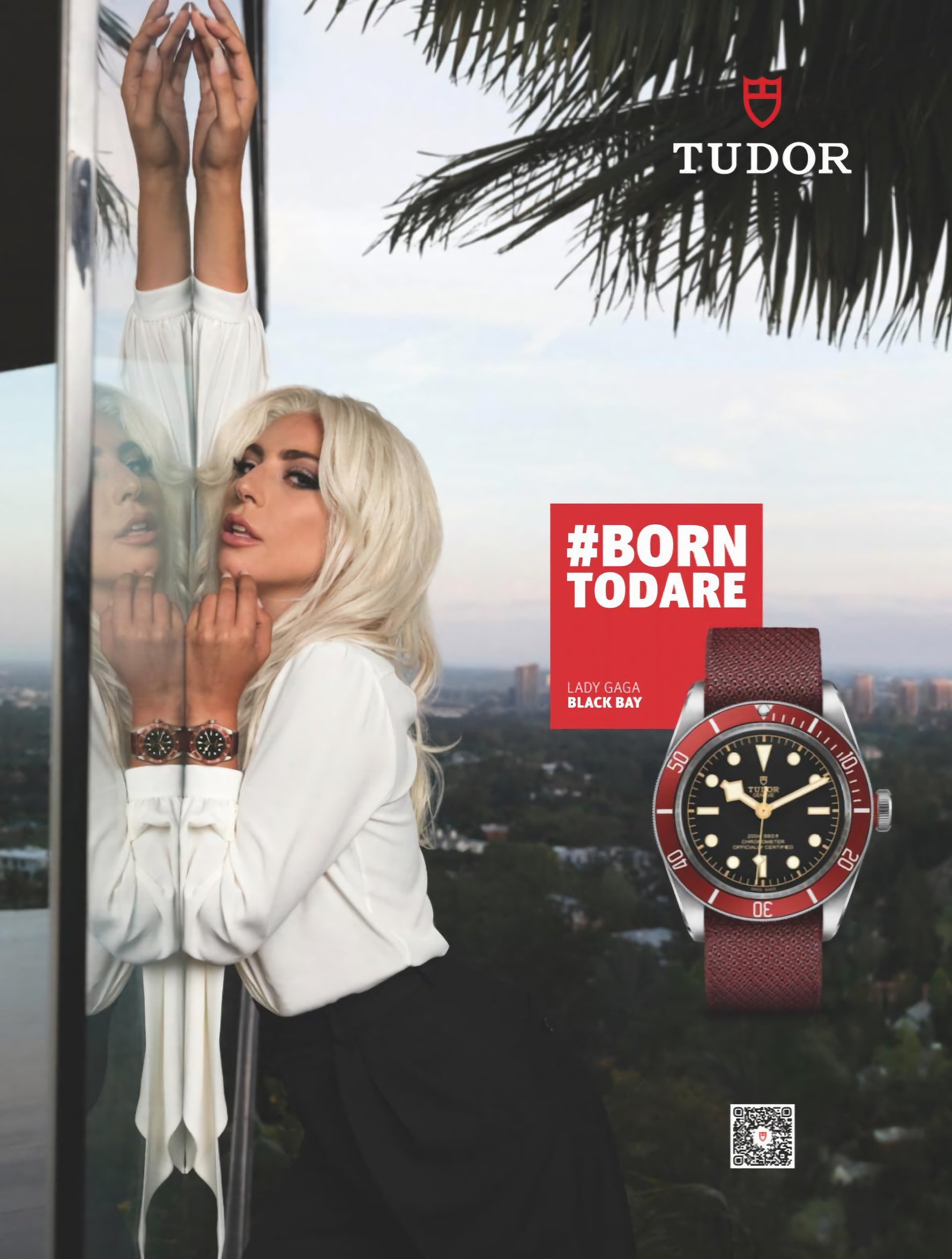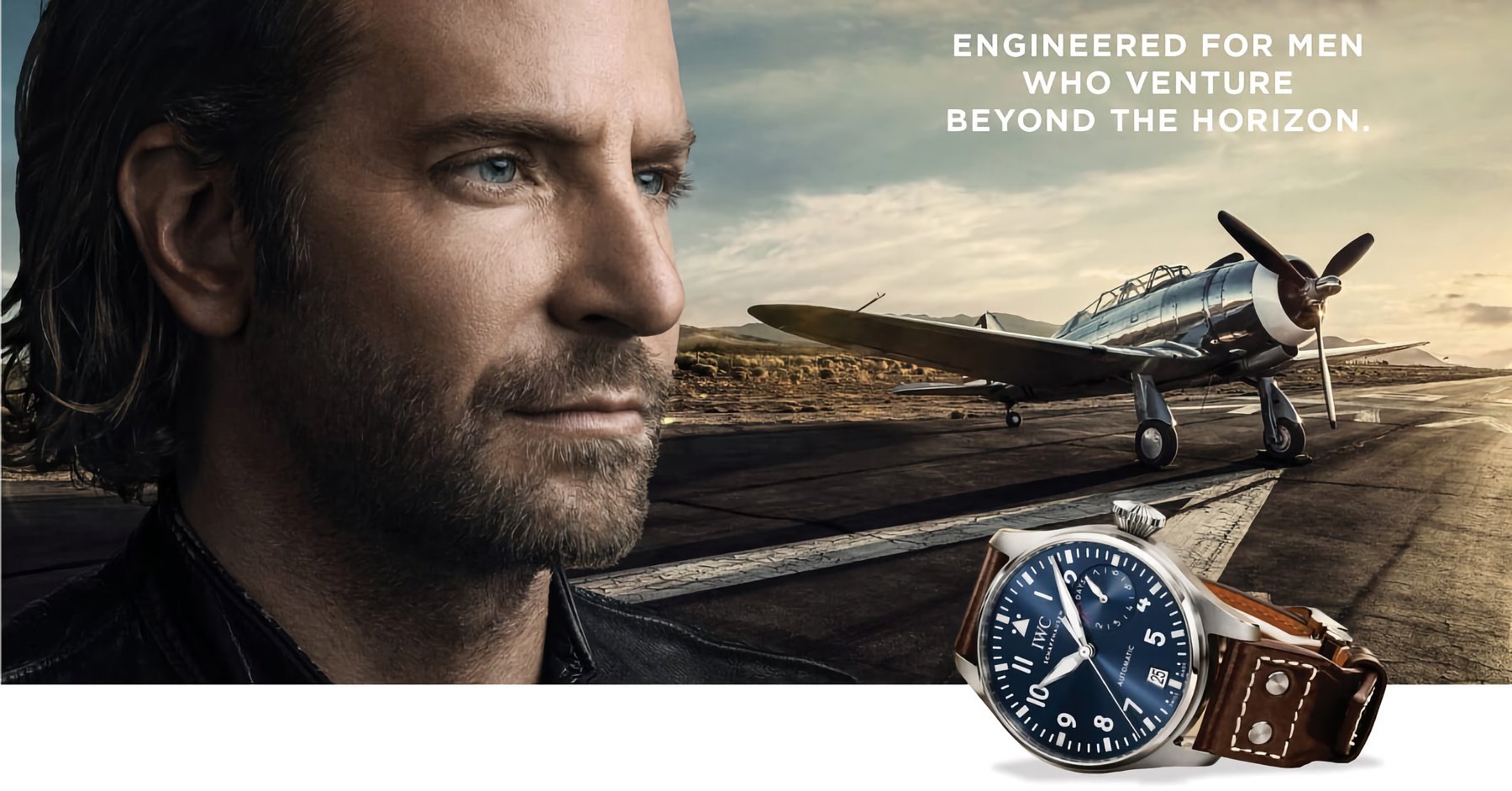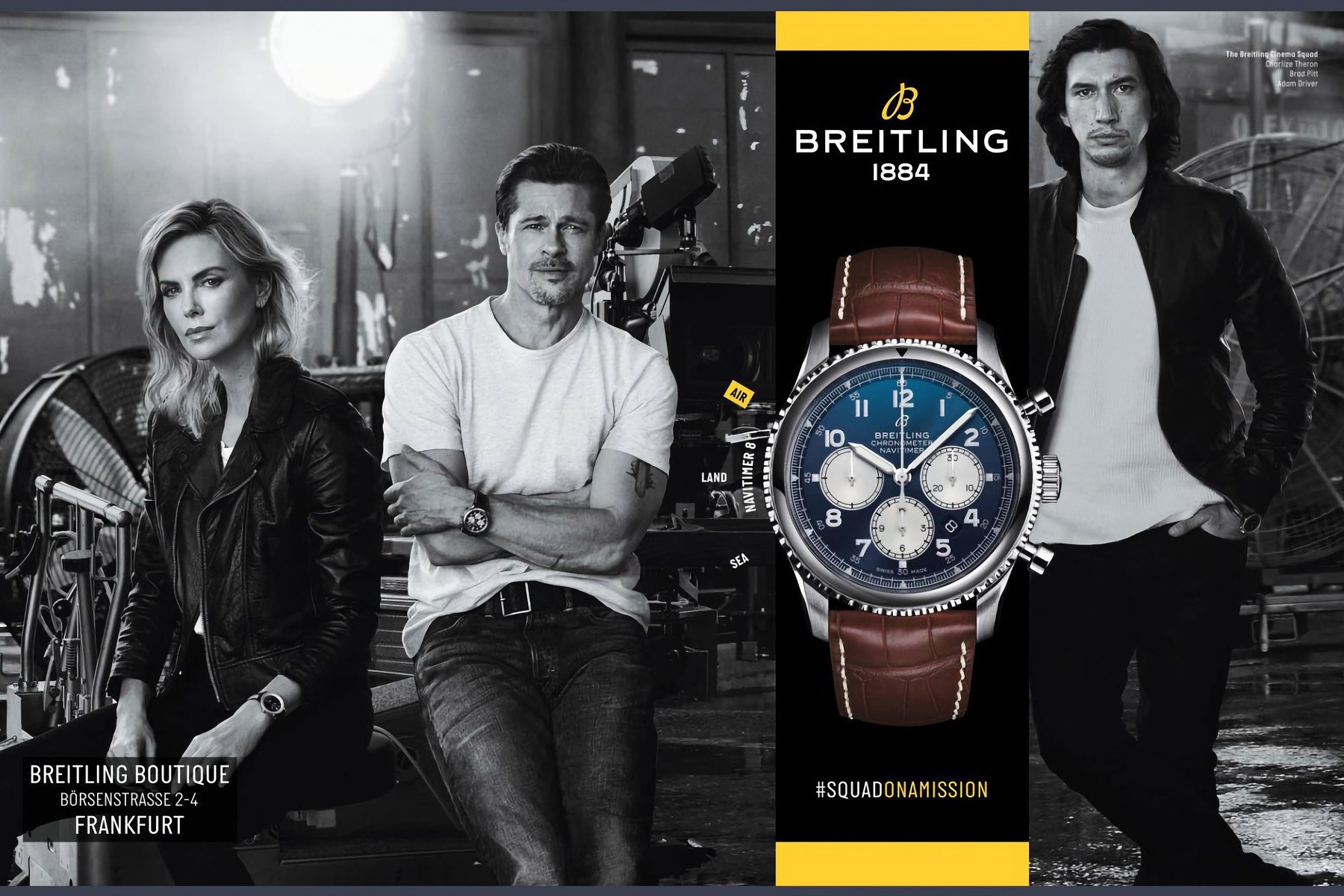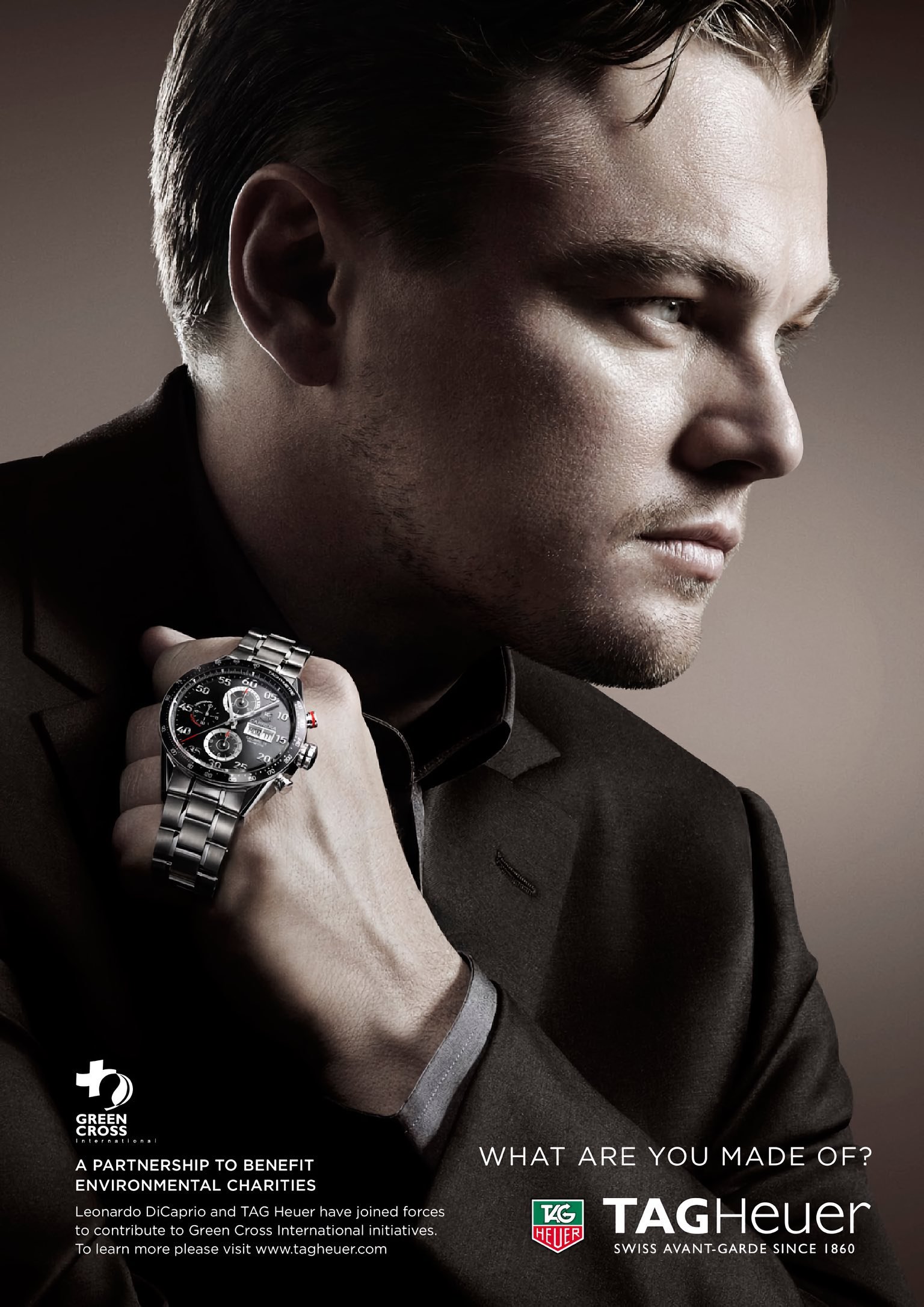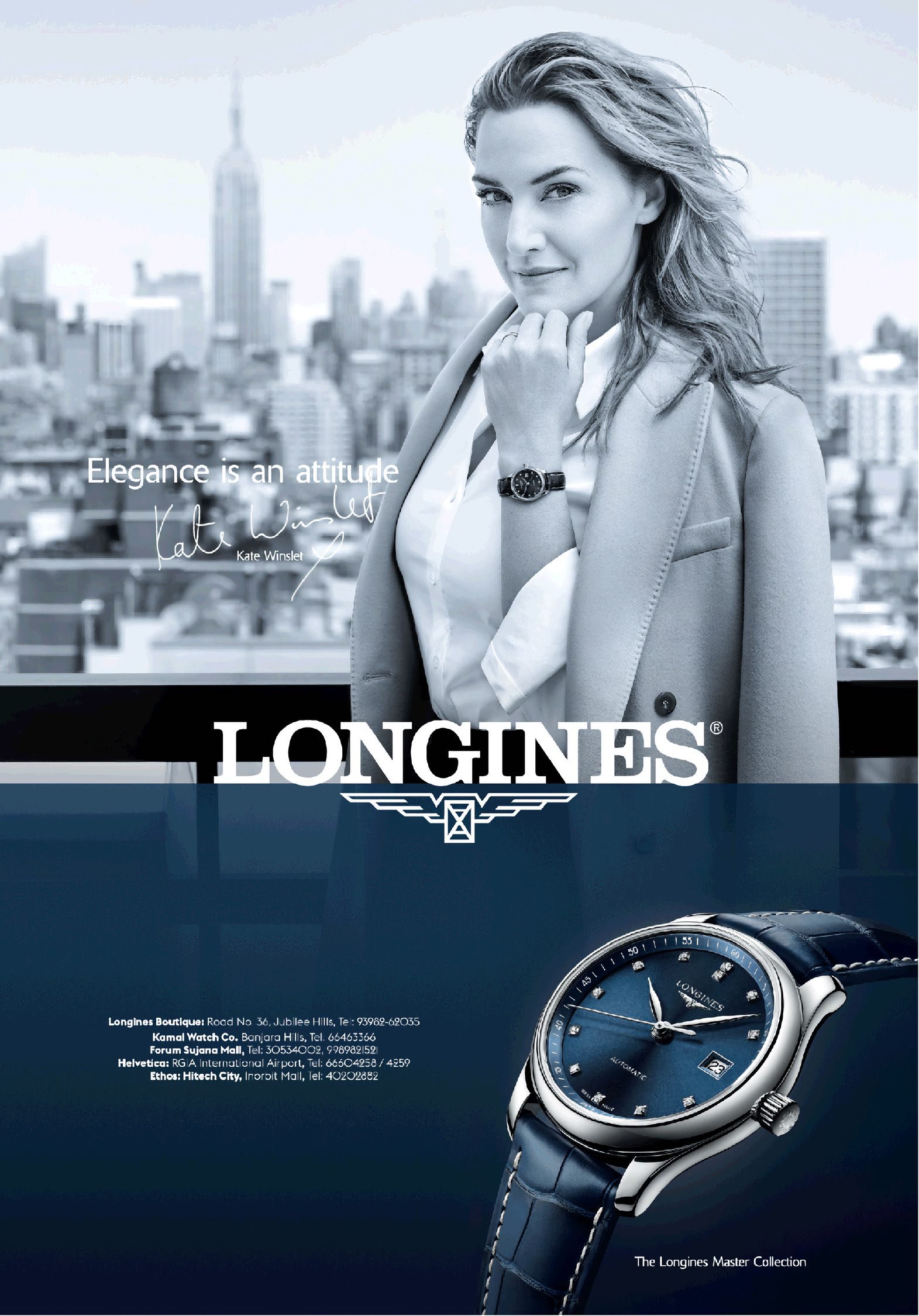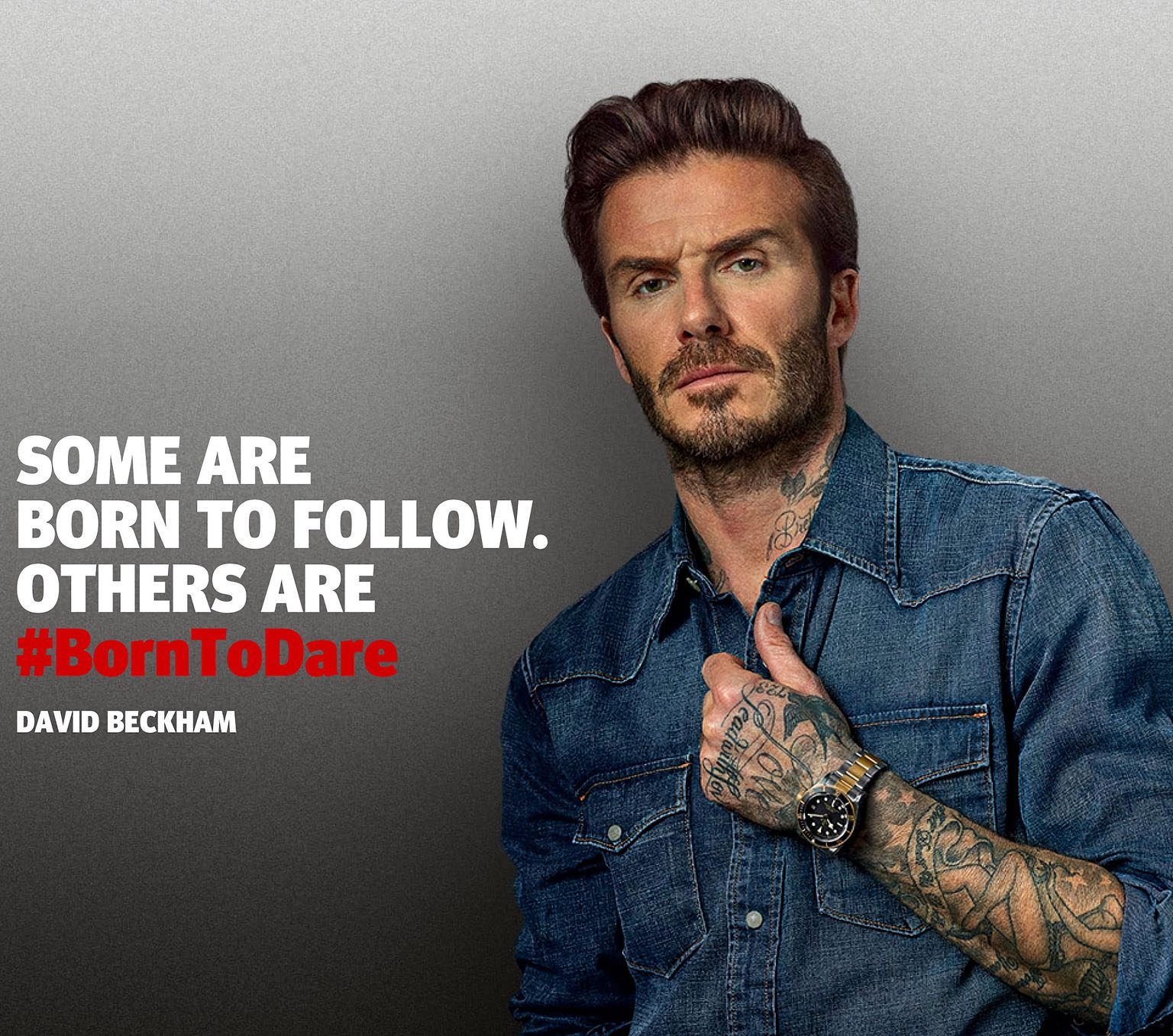Exploring The Curious Case Of Celebrity Luxury Watch Brand Ambassadors — From Brad Pitt’s Breitling And Roger Federer’s Rolex To Daniel Craig’s Omega And Beyond
As watch enthusiasts, we have a few topics that seem to incite strong opinions. Rolex availability and the Moonswatch spring to mind. Today, I would like to have a look at that other explosive topic — celebrity brand ambassadors in the watch world.
As is often the case with topics of heated debates, the fine nuances get lost in the heat of battle. I am making it my mission to seek out precisely those nuances here, so I will (try to) refrain from getting overly fanatic as a proponent or opponent of the concept. Deep breaths. Here I go.
Why people hate celebrity brand ambassadors
I have noticed that many watch aficionados have a strong distaste for celebrity brand ambassadors. When talking about it, I noticed it usually has little to do with a disliking of the celebrities themselves. The problem seems to be that the use of a celebrity does not really do justice to what the watch passion is about to us aficionados.
Let me elaborate. As watch fanatics, we obsess over tiny technical details, craftsmanship, and history. When a brand — that is able to offer all of that in spades — resorts to a celebrity to try and persuade us, it feels a bit cheap and shallow. Dirty, even? We don’t like Breitling chronographs for the fact that Brad Pitt is wearing one. Rather, we enjoy getting lost in the rich history of chronograph development, space exploration, and motor racing. We enjoy gazing at the tiny wheels, levers, and decorated plates of an intricate caliber. Seeing Brad Pitt peddling watches somehow takes a bit of that magic out of it.
Condescending and vain
I guess the above makes us feel looked down upon. It’s as if those brands do not appreciate how we truly experience watches. As if they think of us as suckers who will swallow any ridiculous campaign they can dream up. It comes across as more than a little condescending, something many watch brands can be rightfully accused of for several other reasons anyway.
And then there is the sheer vanity of it. You cannot help feeling that the latest CEO is making a mark with the signing of an even bigger star. “Look at us! We have Gaga/Federer/Clooney.” I am sure it looks great in shareholder brochures and internal presentations. But again, as watch aficionados, we do not really want to feel like the meek prey of shareholders and the board. It is a cynical world, and the celebrity brand ambassador somehow feels like the ultimate expression of it.
But does it work?
Okay, on to some nuance now. I often hear people say that they would never buy a watch because of a celebrity brand ambassador. But guess what, you’re not intended to. To say “Brand ambassadors are bullsh*t because they don’t make me want to buy a watch” is to miss the point entirely.
Here is a simple truth, straight from decades of empirical research. Brand ambassadors work. Or at least, they can have a positive effect under the right circumstances. Their use, however, is aimed at cementing an image. And this is where it gets complicated.
Value alignment between celebrity brand ambassadors and brands
As it turns out, using a brand ambassador can actually positively influence how your brand is perceived. It is, however, an extremely fine line. And the opposite is also true; the endorsement affects the image of the celebrity as well.
So, in order for the partnership to make sense, the two need to exchange some complementary desirable traits. Otherwise, either or both can be harmed by the endorsement. When done right, a celebrity endorsement can result in a stronger image, clearer values, and greater top-of-mind awareness. Yes, even among you, my lovely serious enthusiasts.
The thing is, such effects take place subconsciously. When asked, “Do you like this brand because of this ambassador?”, any sane person will deny it. But when you start actually testing for subconscious elements of brand awareness and perception as a result of celebrity endorsements, you will find significant results. This is true of most branding and advertising efforts. Nobody believes him/herself to be gullible, but we are affected in profound ways nonetheless.
The stopping power of celebrity brand ambassadors
One notable example is the stopping power of a familiar face. We are constantly bombarded by information that is competing for our precious attention. Spotting a familiar face can bump a message just over our perception threshold. This means you might notice an ad that you would have missed otherwise.
And this is where we see how easy it is to get this wrong. Eye-tracking studies have shown that when an ad shows a face looking directly at you, you will focus mainly on the model’s eyes. You might completely miss the product or message right next to it. If you find the model gazing at the product, your eyes follow and inspect the advertised product. So yes, it is possible to spend millions on a celebrity only to have people miss your message altogether. That always makes me chuckle. Sorry about that.
We’re not all aficionados
And then there is the elephant in the room. We aficionados often comprise only a tiny percentage of the watch-buying public and, therefore, sales. Sure, some brands aim squarely at connoisseurs. But for most large brands, the target audience is infinitely bigger than our little hardcore community. And those happen to be the brands with all the celebrity brand ambassadors.
To the untrained eye, watch brands can be hard to differentiate. Especially when they all claim a rich heritage, craftsmanship, and style. A celebrity brand ambassador can help cement a specific image. Leonardo DiCaprio is very different from Benedict Cumberbatch. What they say about the affiliated brands has a significant signaling function. The celebrity becomes an archetype. A symbol or icon for the brand. A very efficient carrier of the brand’s identity. He or she instantly tells you whether this is for you.
We do not like to be influenced
As human beings, we have a strong desire to be independent, free, and in control. We do not like it when others try to exert influence. As such, it is possible that you will dislike brand ambassadors even more as you become aware of their subconscious impact. It is also why many of us live in denial of the proven effects of branding and advertising. We simply cannot unify this inconvenient truth with our self-image of free agency and control.
Celebrity brand ambassadors are here to stay
There you have it — my effort to try and sketch a nuanced picture of celebrity watch brand endorsements. I think you may have picked up a hint of my own opinion about the matter. It annoys me. I do not like feeling manipulated. I understand, however, that it’s sensible from a business perspective. Short of banning all forms of advertising, there is really nothing you can do.
You really cannot blame watch brands for using this tool. It is one of the few tools in the branding toolbox that has been reasonably well studied and understood. And you can certainly look at it from another angle too. Once you have bought into a watch brand, you actually benefit from its strong branding efforts. Now, its marketers are subconsciously influencing you to enjoy your watch more. And if they do their job well, it might even boost the value of your watch along the way.
In short, then, celebrity brand ambassadors are here to stay. And perhaps if they help our favorite brands thrive, we should be fine with that. What do you think? Let us know in the comments below.
You can also find and follow me on Instagram: @time_travelers_journal

